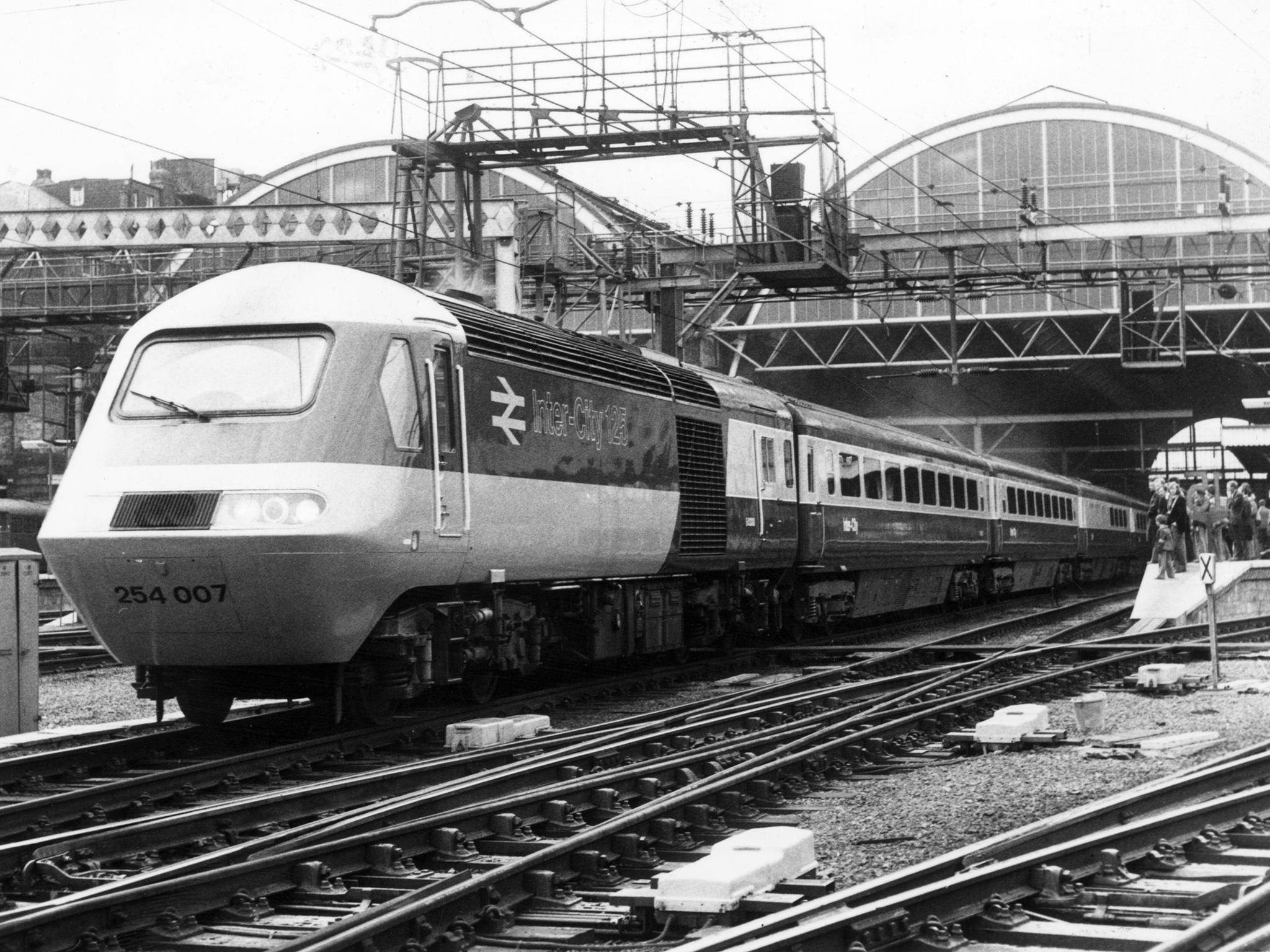The Labour Party's renationalisation solution to failing rail franchises risks returning to a golden age of British Rail that never was
Far better to concentrate on creating public-private structures that vary according to the needs of each area, a boringly prosaic answer to a problem that cannot be solved by ideology

Britain’s railways are a mess. The House of Commons Select Committee on Transport is the latest body to make this hardly novel observation, but the right starting point to work out what can be done to address some deep seated problems, familiar to passengers for around the past century, if truth be told. The MPs believe that reforms are needed to the franchising system to promote competition. They also object to the costs imposed on taxpayers by recent troubles on the Southern, Thameslink and Great Northern franchises.
The Transport Secretary, Chris Grayling, was gracious enough to acknowledge the Committee’s “sensible recommendations” and suggested that the railways were to a degree victims of their own success, and that of the wider economy, in seeing passenger use rise – to the extent that capacity on many lines has been reached and too many trains are “ram packed”, as Jeremy Corbyn’s controversial video on board a Virgin service to Newcastle confirmed a few months ago.
Whatever else, the MPs are right to reject re-nationalisation as some sort of panacea on wheels. One of the reasons the railways were sold off in the 1990s was because they had been so ill-served by British Rail. There was, admittedly, an unwelcome degree of ideology involved too, and the Major government had by then run out of better things to privatise, but it was also true that British Rail’s trains were unreliable, stations and rolling stock run down and grubby, prone to national strikes, and the sandwiches notoriously inedible. What’s more, British Rail (BR) often turned in gargantuan losses to be met by the taxpayer. The result was long-term, depressing decline, with stand-up comics the main beneficiaries of BR’s chaotic inefficient ways.
Privatisation was, to borrow a phrase from the time, the poll tax on wheels – badly thought through, deeply unpopular and botched. The franchises, the imposed split between the rail and train operators and some chaotic and badly undervalued assets were sometimes a disaster. Indeed Railtrack plc, inheritor of the infrastructure, in due course collapsed and had to be taken back into state ownership, as Network Rail in 2002. The privatisation, plus years of neglect, contributed to some tragic disasters and loss of life in this era.
And yet the operators, riding on the locomotive of a recovering and growing economy, succeeded in revitalising many services and getting people back on board with new, comfortable rolling stock. Taxpayers were still shelling out, but the trains were at last going in the right direction.
The Labour Party’s piecemeal re-nationalisation proposal, taking over the franchises as they expire, risks returning to a golden age of British Rail that never was. Fares might well be cut; but poorer taxpayers who rarely get on a train would then have to subsidise often well-heeled commuters and others who use the services all the time. Thus, the redistributive effects would, at best, be unpredictable, and the services would be inevitably less sensitive to consumer and market pressure than they even are now.
Far better to concentrate, then, on creating public-private structures that vary according to the needs of each area, a boringly prosaic answer to a problem that cannot be solved by ideology. The massive HS2 and CrossRail schemes demand public funds in the interests of the wider economy for decades if not centuries to come. Removing bottlenecks on commuter lines might be better paid for by wealthier commuters in the Home Counties. The risks and rewards ought be shared by the public and the private companies through an intelligent system of caps and collars, with the length of franchises also varying. In some places there may be a case for reuniting the track and the trains in single companies. The train operators have woken up at last to the demand for rational ticketing. Unions, too, must take their share of the blame, especially for the disruption on the Southern railway, an odd amalgam of Go Ahead Group and the French state SNCF; in these effective monopolies underwritten by taxpayers, there is a strong case for the tighter regulation of industrial action.
It is sometimes forgotten that there is nothing new about an underinvested, loss making or unreliable British railway system. It’s been that way for many decades. It has been the case ever since the internal combustion engine started to make its presence known around a century ago. That was when the railways started to lose much of their freight and passenger business to the lorry, van and car, usually more convenient, flexible and cheaper than taking a train. It is a trend that accelerated after the Second World War, and, in more recent times was joined by pressure from air travel for longer journeys. Despite the recent renaissance, the economics or running railways remain complex and challenging. Though little comfort to anyone, few train services have been truly profitable enough to finance the reinvestment they need since the Liverpool and Manchester Railway inaugurated the railway age in 1830, the original Northern Powerhouse network.
The “jam-packed” carriages Mr Corbyn notoriously encountered were both a symbol of the success (popularity), and failure (underinvestment), of Britain’s troubled public transport system. A sustainable and publicly acceptable resolution remains as evasive as ever: muddling through is the best way to cope with what the public demand from, and are willing to pay for, their railways. Mind the gap.

Join our commenting forum
Join thought-provoking conversations, follow other Independent readers and see their replies